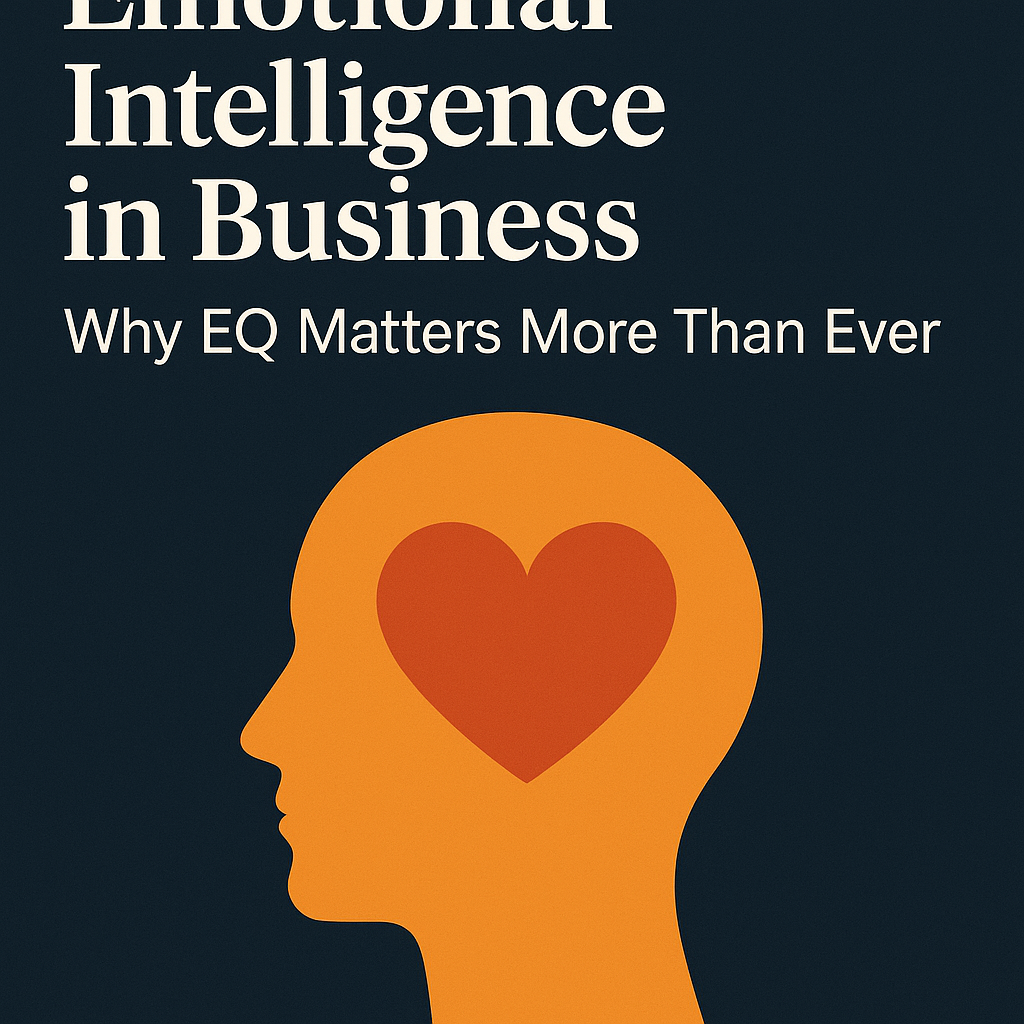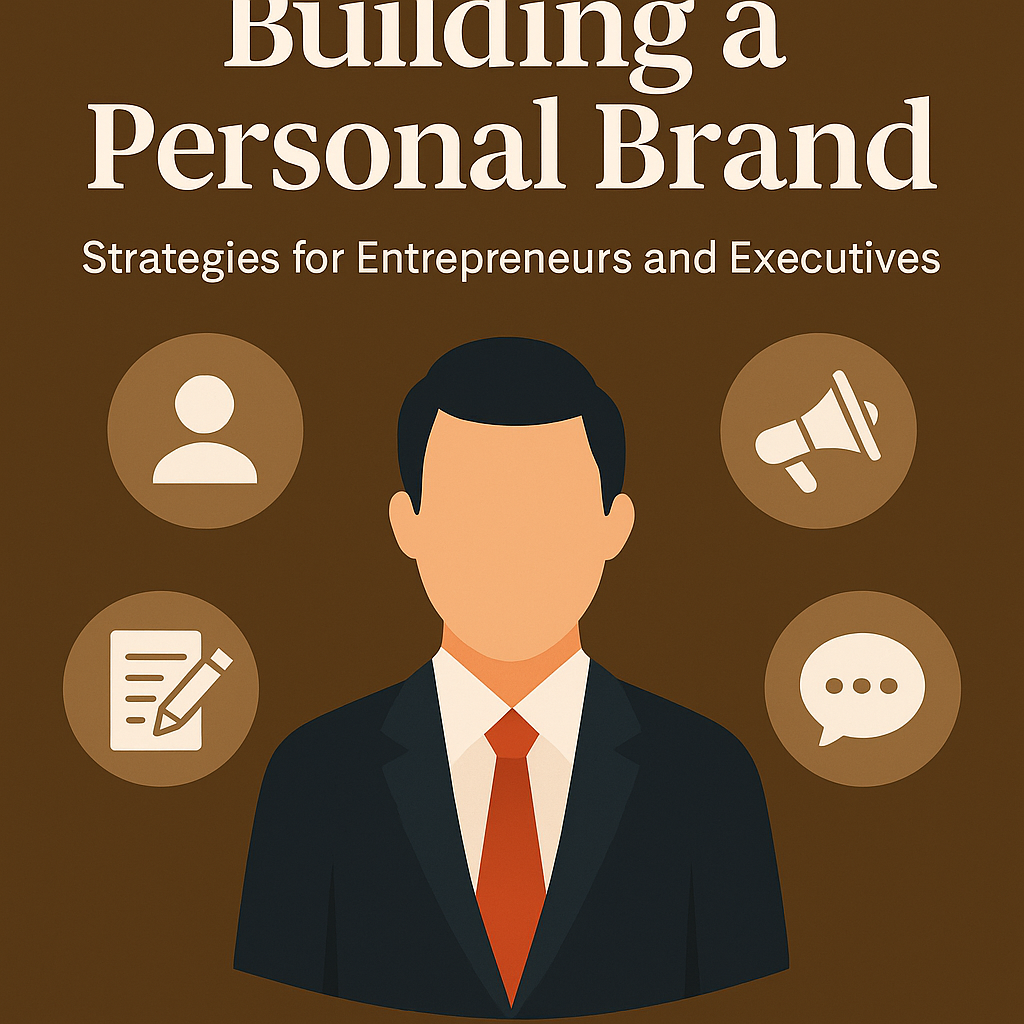In today’s fast-changing business world, success is no longer defined by IQ alone. While technical skills, experience, and qualifications are still important, they’re no longer enough on their own. The ability to lead, inspire, and connect with others has taken center stage. This is where emotional intelligence — or EQ — becomes a game-changer.
Emotional intelligence is the ability to recognize, understand, and manage your own emotions, as well as to influence and respond to the emotions of others. In the modern workplace, where collaboration, innovation, and adaptability are key, EQ is not just a nice-to-have skill — it’s a must-have.
The Shift Toward People-Centric Leadership
In the past, business leadership was often focused on strategy, control, and results. But the rise of remote work, global teams, and a growing emphasis on employee well-being has changed that. Today, leaders are expected to be more human — to listen, empathize, and support.
This shift makes emotional intelligence more relevant than ever. Leaders with high EQ are better at building trust, resolving conflicts, and creating an environment where people feel valued and understood. They don’t just manage teams — they inspire them.
EQ and Communication: The Real Competitive Edge
One of the biggest benefits of emotional intelligence is stronger communication. In any organization, misunderstandings can lead to delays, frustration, and poor outcomes. People with high EQ are able to listen actively, read non-verbal cues, and adapt their communication style to different personalities. They stay calm under pressure, respond thoughtfully rather than react impulsively, and help others feel heard.
This kind of communication leads to better teamwork, smoother projects, and higher morale. In customer service or client relations, it can even be the difference between losing a contract and building long-term loyalty.
Emotional Intelligence in Decision-Making
Business decisions often involve stress, deadlines, and conflicting priorities. Emotional intelligence helps leaders make better choices by balancing logic with awareness. It allows for more thoughtful risk-taking and less impulsive reactions. People with high EQ are better at reflecting on outcomes, learning from mistakes, and maintaining a clear focus even when things get tough.
It also helps in navigating change — a constant in modern business. Leaders who understand their own emotional responses and recognize the fears or resistance in others are far more effective during times of transition.
Building EQ in the Workplace
The good news is that emotional intelligence is not fixed. Unlike IQ, it can be learned, practiced, and improved over time. Businesses that invest in EQ training often see stronger leadership, improved culture, and better performance across teams.
Simple steps can include coaching, feedback sessions, mindfulness practices, and open dialogue. Encouraging managers to check in with their teams, creating space for feedback, and modeling empathetic behavior all help build a culture rooted in emotional awareness.
EQ and the Future of Work
As automation and artificial intelligence continue to take over routine tasks, the uniquely human skills — empathy, creativity, adaptability — will define the future of work. Emotional intelligence sits at the heart of all of these.
Businesses that prioritize EQ will be more resilient, more innovative, and more appealing to talent. In a world that’s becoming more connected yet more complex, the ability to connect on an emotional level is not just a soft skill — it’s a strategic advantage.




Leave a Reply